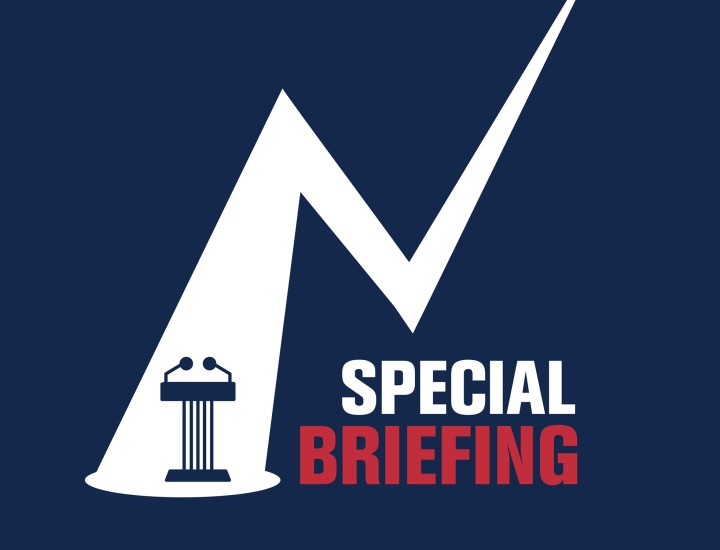Volcker Alliance Report Details State Budget Forecasting, Management Lessons; Recommends Policy Improvements
Drawing on Data from 50 States, Paper Stresses Importance of Flexible Forecasting, Scenario Planning & Use of Various Budget Tools
New York, NY – The Volcker Alliance, a nonprofit organization dedicated to advancing an empowered public sector workforce, today released a new report – A Cloudy Crystal Ball: Pandemic Forecasting Challenges Highlight Need for Budget Relief Valves – exploring budget management lessons learned from the COVID-19 pandemic and outlining best practices states should follow to prepare for a new fiscal year under difficult economic conditions – like a recession – in the future. The paper, written by Phil Dean, former Executive Director of the Utah Governor’s Office of Management and Budget and Chief Economist and Public Finance Senior Research Fellow at the University of Utah’s Kem C. Gardner Policy Institute, is based on data from all 50 states and interviews with budget officials across the country.
State budget forecasts have fluctuated dramatically over the past few years as they’ve adapted to widespread shutdowns, and later, reopenings and economic stimulus. The seismic shifts from economic collapse to rapid growth have underscored the importance of – and need for – budget forecasts – particularly ones that are iterative and responsive to changing conditions. While forecasts are inherently imperfect, the paper notes, they are critical to ensuring budget balance.
Additionally, the paper urges state governments to:
- Use budget tools like revenue system design, informal and formal budget reserves, cash flow management, and spending control to inform forecast risk.
- Implement scenario planning to stress test budgets by evaluating risks and reserves. Doing so can help states determine areas to shore up and help them prepare for inevitable downturns.
- Leverage consensus long-term revenue and spending estimates to focus attention on long-term budget management.
- Include future costs in forecasts to correctly estimate the fiscal impacts of new legislative bills and appropriately allocate resources.
- Publicly articulate economic assumptions underlying budget forecasts.
“The volatility of the past few years has been a sobering reminder of just how important forecasting and sound budgeting practices are to the long-term health of state economies. In examining data and talking to state budget officials nationally, we’ve identified best practices that we hope serve as a blueprint for every state going forward, particularly as we face the specter of a recession and the inherent economic downturn that will come with it,” said William Glasgall, Senior Director of Public Finance at the Volcker Alliance.
The paper identified six states in particular that successfully implemented various best practices to better brace for a potential recession:
- Utah used restricted account reserves as a budget buffer for new, one-time capital expenditures. The state also distinguished between one-time and ongoing revenues and appropriations and stress checked its budget.
- Idaho focused on long-term budget management, using five-year forecasts for revenue and expenditures, as well as scenario planning to account for various economic situations.
- California, with a diverse economy and highly volatile revenue, developed long-term forecasts to predict uncertainty and a range of potential revenue forecast outcomes, helping legislators adjust budgets and spending.
- Alaska addressed its unusual revenue design which relies heavily on highly volatile revenue sources – investments and petroleum – with 10-year revenue forecasts. The state has also prioritized maintaining large budget reserves to offset shortfalls.
- Maryland and Connecticut both used long-term economic forecasts that extend beyond the budget window to enable policymakers to consider the long-term consequences of their decisions and adjust when needed.
The report is the latest in a series of issue papers evaluating the impact of the pandemic on states and localities.
###
Media Inquiries, please contact: Vig Tharmarajah | [email protected] | 917-485-1410


